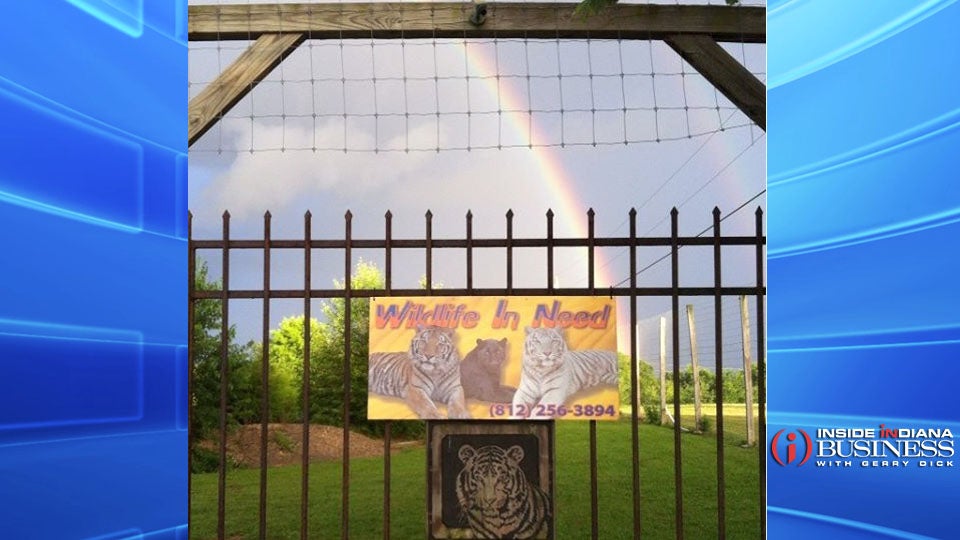Charlestown wildlife nonprofit sued by AG Hill
INDIANAPOLIS (Inside INdiana Business) — A months-long investigation has resulted in Indiana Attorney General Curtis Hill taking legal action against Charlestown-based Wildlife in Need. Hill says the business claims it rescues and rehabilitates wildlife before returning them to the wild, but he has alleged a long history of animal abuse under director Timothy Stark. Hill says animals have been neglected and forced to live in “deplorable conditions”. Hill also claims the organization has failed to return the animals to the wild and has misapplied funding collected to care for animals.
“This organization claims to promote the best interests of animals when evidence indicates the exact opposite is happening,” Attorney General Hill said. “Generous Hoosiers who have contributed money to Wildlife in Need deserve to know the truth.”
Hill is asking the court to dissolve the nonprofit and provide help under the state’s Nonprofit Corporation Act and Deceptive Consumer Sales Act. The suit seeks to liquidate WIN’s assets, arrange proper placement of all animals and banning WIN directors Stark and Melisa Lane from possessing and showing animals in the future.
Hill has also filed a motion for a preliminary injunction to prohibit the owners from removing animals from the facility pending an order from the court. The injunction would order Stark and Lane to ensure proper care and allow for a quick inspection of documents and of any locations the animals would be kept. The state claims Stark has a history of hoarding and trafficking animals, along with hiding them from government officials before moving them out of state. Court documents contend Stark told several WIN employees that he would shoot the animals if the government attempts to remove them.
The AG’s office says between 2012 and 2018, the number of animals at WIN reported to the U.S. Department of Agriculture increased from 43 to nearly 300. The USDA ordered Stark’s exhibitor license be revoked earlier this month, based on several violations of the Animal Welfare Act, along with a history of non-compliance.
